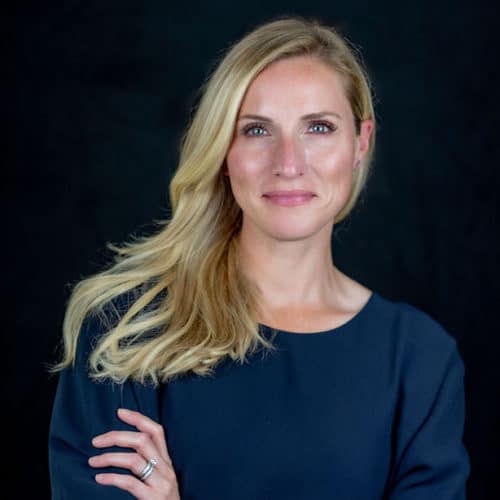Other Specified Feeding or Eating Disorder (OSFED)
Individuals with other specified feeding or eating disorder (OSFED) don’t meet all the criteria for specific eating disorders, so it may be difficult to diagnose. For example, they may not meet the guidelines to be diagnosed with bulimia or anorexia. However, they do have some symptoms, which interfere with their lives significantly. And OSFED is just as serious as other eating disorders, so it’s vital that those struggling get the treatment they need. Fortunately, they can get this needed treatment at a center like Aster Springs.
Previously, experts referred to OSFED as an eating disorder not otherwise specified (EDNOS). They developed the category to encompass people with significant eating problems that are inconsistent with existing disorders.
Overview of OSFED
Purging Disorder
Atypical Anorexia
How We Treat OSFED
To treat OSFED, our clinicians create an individualized treatment plan for each client based on their specific needs and diagnosis. Our evidence-based clinical treatment modalities for treating OSFED include:

REVIEWED BY
Kate Fisch, LCSW
Kate Fisch is the AVP of Clinical Services for Odyssey’s Eating Disorder Network. With 17 years of clinical leadership and direct client care experience in the eating disorders field, she has a history of innovation, clinical training, and resource development in a variety of eating disorder treatment settings supporting families, clients, and clinicians.




